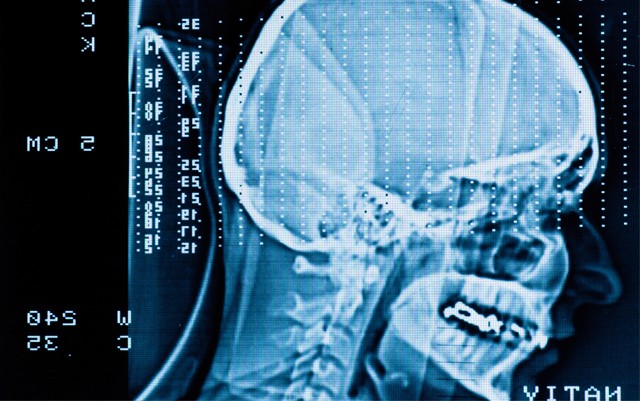Marijuana is typically thought of as a drug that adversely affects learning and memory, and this has been borne out by many studies, time and time again. Marijuana, we are told, decreases short-term memory and inhibits the ability to piece together fragmented information into a cohesive whole. However, there is a difference between marijuana and cannabinoids, and synthetic cannabinoids in particular can have dramatically different effects than their original, plant-based counterparts.
Arachidoyl-2’-chloroethylamide, or ACEA, is a synthetic CB1 receptor agonist, meaning that it acts on the same receptor that THC does, and at first glance, in much the same way. However, relatively recent studies have shown that ACEA is neuroprotective in mouse models of Alzheimer’s and epilepsy. And now there is evidence that ACEA can enhance the recovery of learning and memory functions after traumatic brain injury, too.
Researchers took rats and, essentially, gave them controlled concussions under anesthesia. These rats were then treated (or not) with ACEA and then tested to see if they could recognize novel objects and find their way out of a water maze. These are standard tests of learning (novel object recognition requires that a rat discerns an object as new) and memory (the fastest way to escape) that can be reliably reproduced in rats. What the researchers found was that rats treated with ACEA demonstrated a vastly-improved ability to discern novel objects from their sham-treated counterparts, and furthermore decreased their time to escape the water maze. Perhaps most interesting of all was that the lesions of both groups were indistinguishable between them.
This indicates that the drug treatment somehow preserves function even in injured neurons. It might not actually prevent the injury from happening, but allow the brain to continue to function despite the injuries, whether these are chemical or traumatic. Another study of ACEA has found that it exerts its effects via the mitochondria by limiting the influx of calcium. This could have profound effects on how doctors manage concussions and brain injuries.
It will be interesting if ACEA or a related compound ever makes it through drug development as a viable treatment for brain injury. However, as of this moment most of the studies being done with it are animal or cell studies. Still, it is an interesting idea, that the stuff that is typically thought so terrible for normal people might be just what the doctor ordered.






